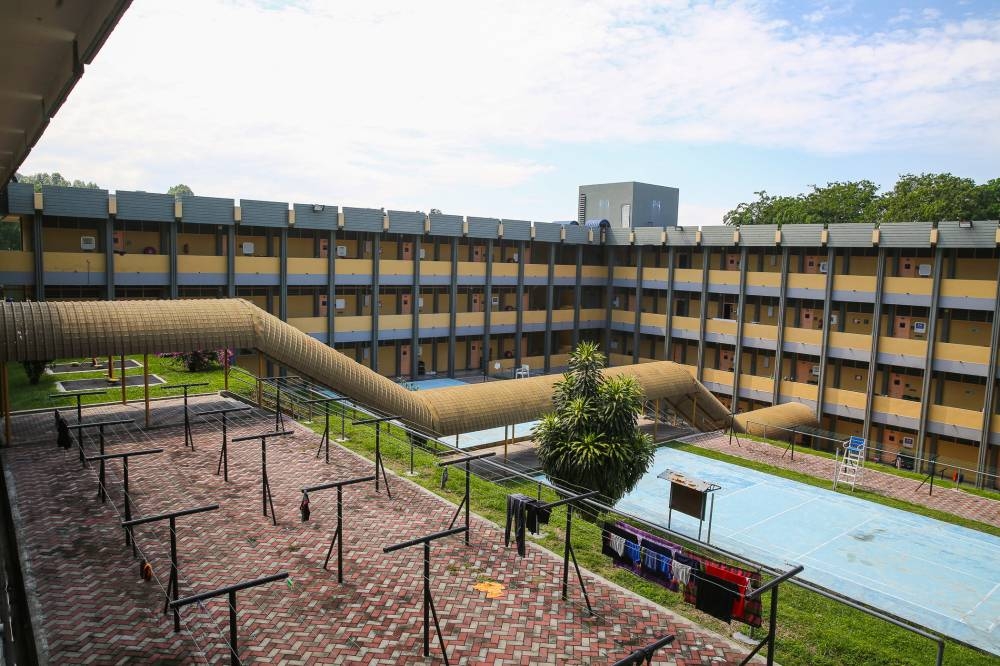JANUARY 5 — A recent viral video has been circulating recently featuring a politician highlighting the plight of a male student that scored 1A and 8A+ who had his scholarship applications rejected by two prominent scholarship entities. The speaker in the video also asked the relevant education minister to seek further justification as to why the candidate’s scholarship was rejected.
Unfortunately, it appears that the general sentiment among social media users is that even getting straight As nowadays is ‘nothing’ impressive. In other words, academic results per se is not the sole basis for anyone to get awarded with a scholarship. In other words, competition by school leavers to secure sponsorships are becoming more challenging considering the limited and scarce spots.
Considering the ambiguity and lack of transparency surrounding the scholarship criteria and selection process, scholarship committees should consider carefully the existing disclosures to candidates regarding their current process when it comes to assessing a candidate. They should look at questions that are being asked during the application process including pinpointing or highlighting the specific emphasis on why certain questions are being asked toward the candidate in the interview process. For instance, not many families have the access to highly paid education counsellors that would know how to guide a candidate on addressing certain nuances when asked during an interview process.
Additionally, as more scholarship relies on online assessment to screen candidates, scholarship committees should highlight the basis for the use of certain algorithm i.e. the scoring system that may being used during the online assessment to ensure that selected candidates are indeed deserving from a meritorious standpoint.
While it is understandable that any scholarship committee may wish to have their scholarship recipient that possess the best skillsets and scores when it comes to learning agility, comprehension, and critical thinking, we should also appreciate that different candidates may come from difficult socioeconomic background and at times challenging social circumstances and challenges.
Additionally, scholarship committees should also look at other aspects of the candidates including his or her extracurricular activities to ensure that the selected candidates are well rounded candidates. In other words, a candidate’s socioeconomic background would impede the candidate’s prospect of securing a scholarship. Progressive scholarship programmes such as the Tunku Abdul Rahman Scholarship is a notable example that also looks into the socioeconomic aspect of a candidate. This additional consideration would help a lot, especially for a candidate that comes from an underrepresented household to also stand a chance of securing a scholarship.
On a side note, it is worth nothing that the education ministry has been quite transparent in coming up with the ‘merit calculator’ to assist school leavers to better understand the new merit system (replacing the quota system) to help prospective candidates look at potential courses that such candidate should look into applying via the Unit Pengambilan Universiti (UPU), a centralised platform that manages the application process for public universities and education entities. Be that as it may, it would be better if the policy maker can be more transparent in sharing the statistics including the data including breakdown of the successful candidates (that can be anonymised to ensure confidentiality), including equipping the school counsellors with better guidance to assist school leavers during their scholarship applications.
In the global academic space, a lot of literature has demonstrated that even the Harvards and MITs of the worlds still suffer from the same injustices of inequality as the demographics are still largely skewed toward the specific group of affluent elites. Having said that, although the scholarship committees have the final discretion on selecting candidates, they should consider carefully their roles as the trustees or stewards for the respective scholarships as social mobility is about spreading opportunities and incentives. After all, we can only ensure education equity and justice to be achieved when they are tampered with kindness and mercy.

* Izwan Zakaria is an alumni of Universiti Teknologi MARA (UiTM).
** This is the personal opinion of the writer or publication and does not necessarily represent the views of Malay Mail.





















